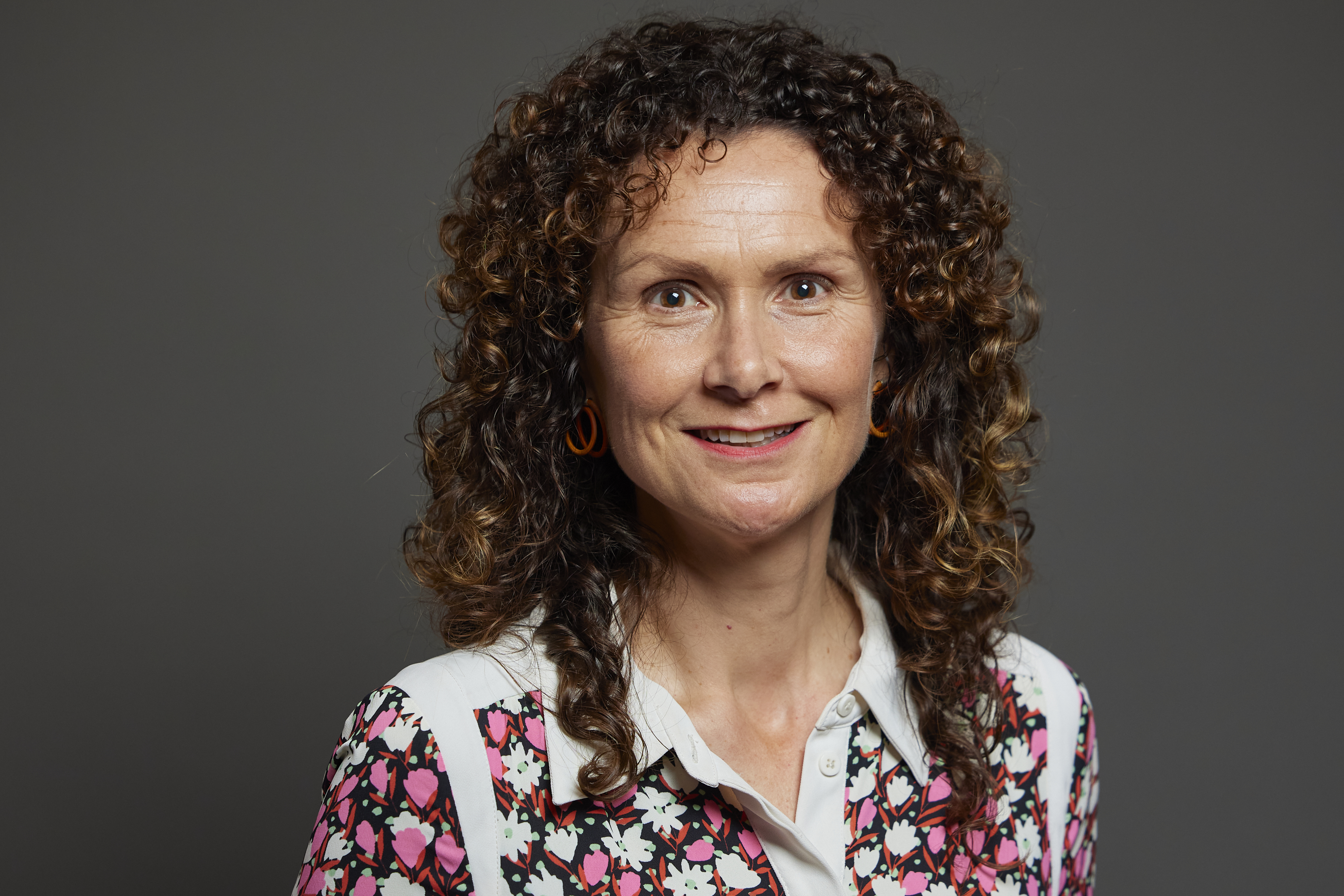A survey of employees found those working at charities are the least likely to use artificial intelligence (AI) across all sectors.
The survey found that just 29% of charity workers are using AI tools such as ChatGPT regularly at work.
This is the lowest proportion among all 12 sectors represented among more than 1,000 people surveyed.
Health and social care is the next least likely to use AI, cited by 30% of those working in this sector.
In comparison’s 68% of those working in human resources use AI, and unsurprisingly the highest proportion, at 74%, is among those in tech roles.
Despite low uptake of AI at work, 73% of charity workers believe “it would have a positive impact on their organisation”.
Six in ten charity workers already using AI cited reducing workloads as the most positive aspect.
Just under half said it helps productivity and around three in ten say it saves the charity money.
More than a quarter say it offers better service and “gives staff time to focus on what matters most”.
ChatGPT is the most popular AI tool in the charity sector, with 51% if AI supported workers using the tool. However, this is just behind the all-sector average of 55%.
“Many charities run on a shoestring without in-house technical expertise to innovate using new capabilities such as AI,” said Shaf Monsour, senior product manager at software firm Access, which has carried out the research.
“Tight budgets and limited resource only strengthen the case for adopting AI due to the efficiencies that can be made.”
He added that more than third of AI adoptees in charities use AI for content creation.
“So it could be a huge help speeding up the content creation process for campaigns across websites, social media and email,” he added.
Among charity leaders using AI is Lymphoma Action chief executive Ropinder Gill.
“Like other digital tools, using AI for certain aspects of our work could free up staff and volunteer time to do more of what we do best – supporting people affected by lymphoma and their families.
“We’ve been developing our approach to AI with input from our community and through a cross-team working group who have helped to put policies and guidance in place to support staff whilst they learn and explore.
“We feel this is the best way to ensure that our use of AI is ethical, effective and transparent whilst also enabling us to be innovative.”
This week a survey of charity job candidates found that two in five believe AI can be used to improve their CVs and applications. However, four in five are concerned about bias and errors increasing when AI is used to assess applications. Women candidates are particularly concerned, according to this research, which was carried out by CharityJob.
Last year research by Charity Excellence Framework found that half of charities are “extremely unprepared” for using AI tools safely and effectively.
Latest News
-
Volunteering rates rise but remain below pre-pandemic levels
-
Charities reducing their visibility amid ‘climate of fear’
-
Friday funding roundup - 12 December
-
Charity workers face threats of death and sexual assault, regulator's interim chair warns
-
Louise Dawtry: Transforming nonprofit culture
-
Charities welcome £500m investment in youth services
Charity Times video Q&A: In conversation with Hilda Hayo, CEO of Dementia UK
Charity Times editor, Lauren Weymouth, is joined by Dementia UK CEO, Hilda Hayo to discuss why the charity receives such high workplace satisfaction results, what a positive working culture looks like and the importance of lived experience among staff. The pair talk about challenges facing the charity, the impact felt by the pandemic and how it's striving to overcome obstacles and continue to be a highly impactful organisation for anybody affected by dementia.
Charity Times Awards 2023
Mitigating risk and reducing claims

The cost-of-living crisis is impacting charities in a number of ways, including the risks they take. Endsleigh Insurance’s* senior risk management consultant Scott Crichton joins Charity Times to discuss the ramifications of prioritising certain types of risk over others, the financial implications risk can have if not managed properly, and tips for charities to help manage those risks.
* Coming soon… Howden, the new name for Endsleigh.
* Coming soon… Howden, the new name for Endsleigh.
Better Society

© 2021 Perspective Publishing Privacy & Cookies











Recent Stories